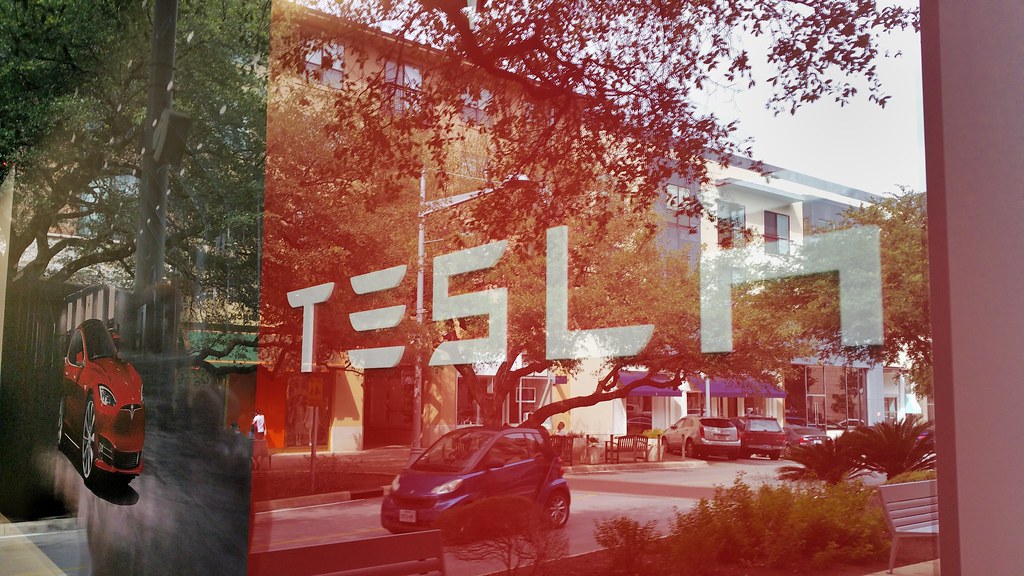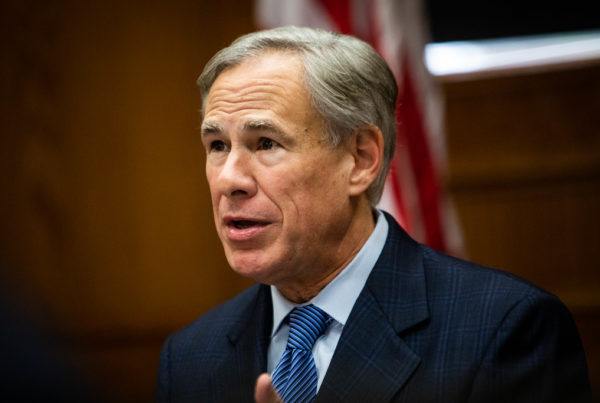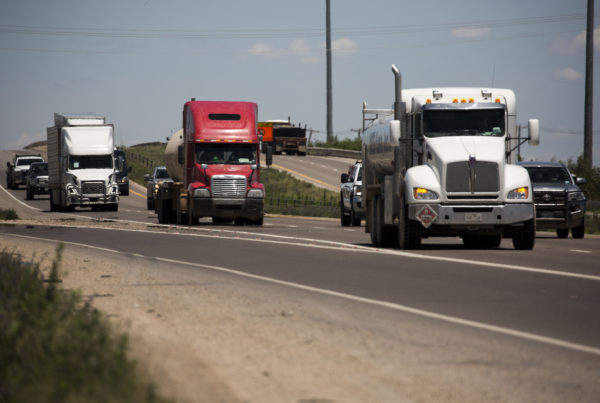Tesla CEO Elon Musk sent a letter to the Texas comptroller this month saying he’s considering building a lithium refinery in the state. Musk says it would be the first lithium refinery in the U.S. An expert says Musk needs to get into the lithium business to ensure the supply he needs to power Tesla car batteries.
The letter Musk sent to Comptroller Glenn Hegar’s office is a first step toward securing local tax breaks for such a venture. Musk currently intends to refine lithium on the Texas Gulf coast.
Joe Lowry is CEO of Global Lithium, which advises clients on the development of lithium-related projects. Listen to the interview above or read the transcript below.
This transcript has been edited lightly for clarity:
Texas Standard: Where does most lithium refining happen today?
Joe Lowry: Well, I think it’s important to delineate between resource and refining. Most of the lithium comes from western Australia, Chile and Argentina. Right now, China actually converts most of the hard rock lithium to chemicals.
And I presume that those operations are not owned by companies making cars or batteries?
In a couple of cases, there’s small financial interests by Chinese car producers. But if you look at the Western world, you are correct.
Why do you think Musk is talking about creating his own lithium refinery? And why in the United States?
What Elon’s doing now is securing what he absolutely has to have. Tesla’s growth is dependent on lithium. There’s no way around that. So building a refinery in Texas makes perfect sense.
Why Texas?
I would say proximity…Elon’s in Austin. So to build it and it’s close to a port makes perfect sense because he’s not building a lithium resource. He’s building a conversion plant. So he’s going to have to bring in feedstock. And that’s where the real issue lies anyway. I mean, Elon shouldn’t be buying Twitter. He should be buying a couple of lithium companies and it’d be a lot cheaper.
There’s been a lot of conversation about the environmental impact of lithium and lithium refining. What are the risks here?
It’s not the refining that people talk about as the risk. It’s the development of brine ponds or mining. And none of that’s going to happen in Texas. It’s simply going to convert a precursor into a chemical.
There’s no byproduct of that conversion process?
There can be a byproduct. But when it was done in North Carolina, we made sodium sulfate and we had a ready market for the byproduct. It was actually on a 2 to 1 ratio. We produced twice as much sodium sulfate as we did lithium carbonate, but we shipped it to a market that was within a few hours’ drive.
Does the choice of a method to refine lithium play a role in where you do this?
There’s two types of lithium resource and there’s two types of chemicals you make that go into a battery depending on what type of battery he’s putting in his cars. And Tesla uses both forms. And so I think what Elon will do is build an initial plant. And then as his needs change, he’ll grow it from there. But he has to have access to a resource which he does not have right now, enough access to resource to fully or even close to fully meet his needs, even in Texas.
Musk has said, refining could become “a license to print money’ for anyone getting into that business. But what about the high cost of lithium itself right now?
It’s people like Elon that caused the problem in the first place because the lithium industry has been saying for a long time that unless the OEMs – whether it’s Tesla or GM or whomever – they needed to help the lithium industry invest in resources. Elon can build a battery factory in two years. It takes up to ten years to bring a lithium resource on. So now there’s a structural shortage of lithium that’ll last through the end of the decade at least, no matter how much is invested now.
Do you think Musk is serious about these lithium ambitions, especially considering what he’s done with Twitter?
Lithium has always been his Achilles heel, and now he knows the scope of the problem. He always thought he could bully the industry in to doing what he wanted. And now he finds out that the lithium guys don’t need Tesla. Tesla needs the lithium guys because there’s plenty of other people making EVs now.














